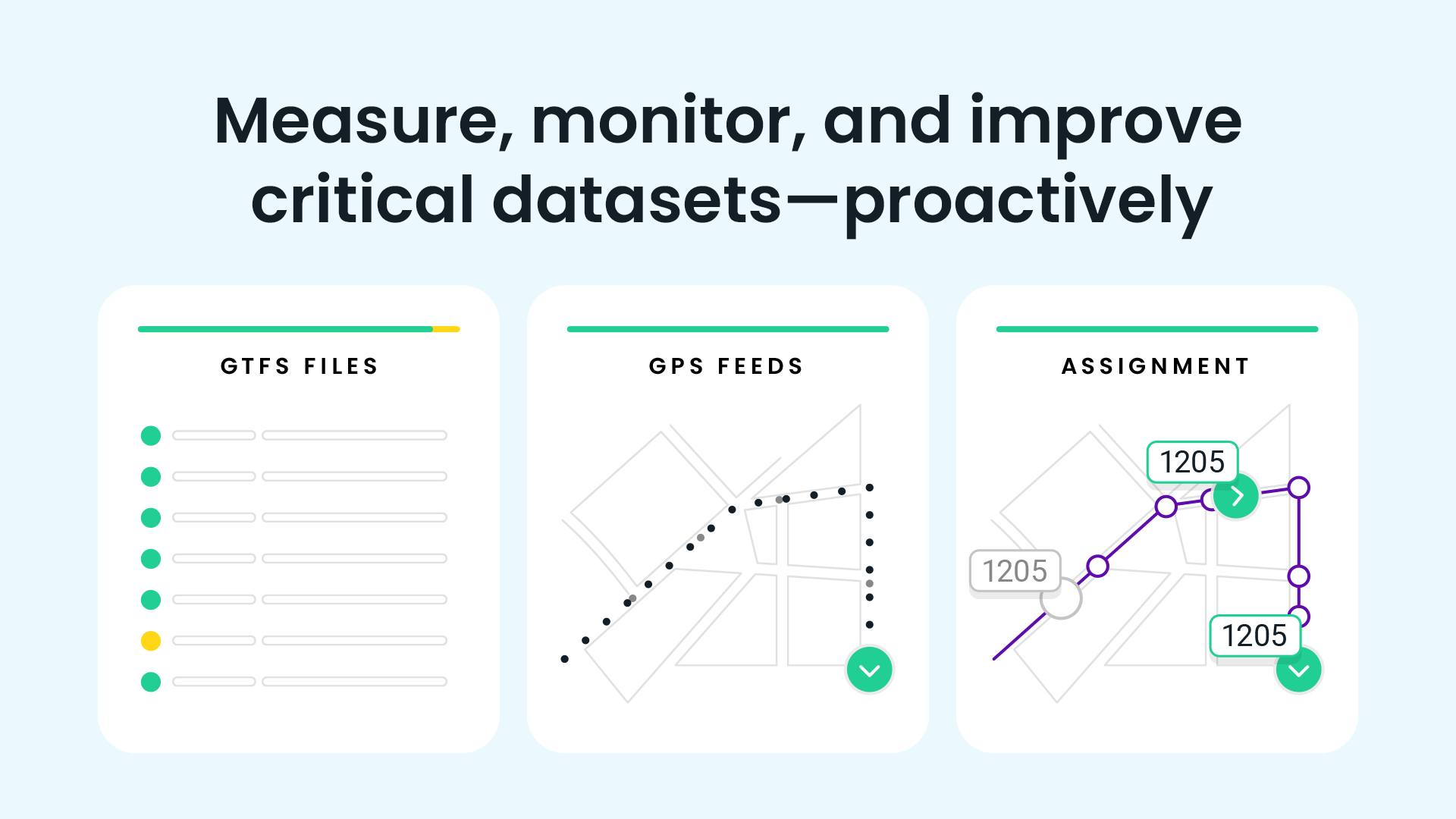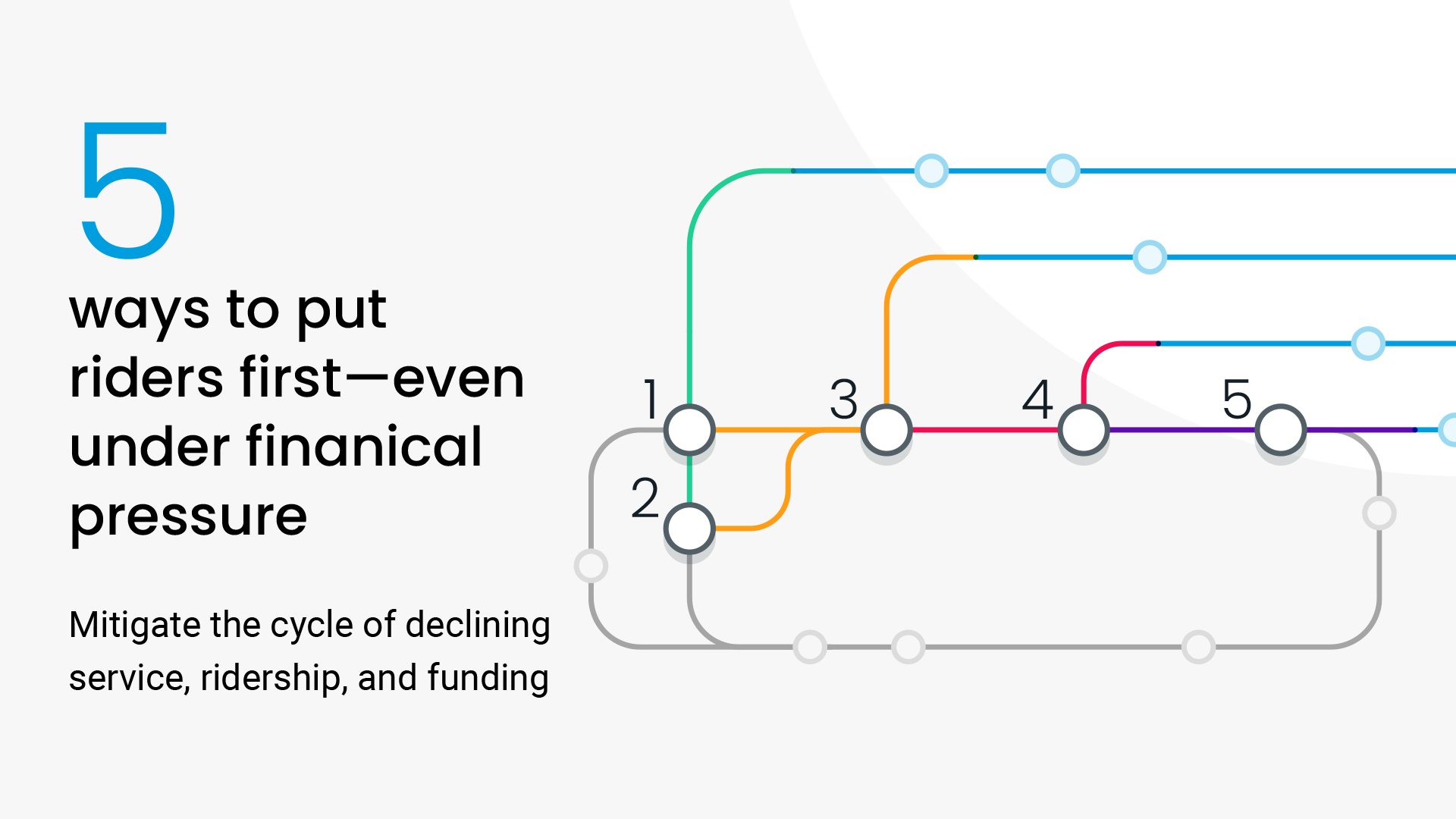
December 17, 2019
Prioritizing the Rider Experience: David Zipper Explains the Highest-Impact Transit Improvements

December 17, 2019
Prioritizing the Rider Experience: David Zipper Explains the Highest-Impact Transit Improvements
December 17, 2019
Prioritizing the Rider Experience: David Zipper Explains the Highest-Impact Transit Improvements
There are many ways to skin a cat, and there are even more ways to improve public transit — so many, in fact, it’s sometimes hard to focus on the efforts with the biggest impact. That’s why we caught up with David Zipper, transportation policy leader and visiting fellow at Harvard Kennedy School of Government, to hear the best way to prioritize transit improvements.
“Frequency and reliability are really the gold standard if we want to attract more people onto public transportation in the future,” Zipper says. “I think sometimes transit boards get seduced into thinking millennials want wifi or USB ports. But millennials are just like everybody else. What people want is frequency and reliability above all else.”
“My advice to transit agencies is to always consider the user experience,” he continues. “Having newly painted buses doesn’t matter if they are going to be stuck behind cars and ride hail on the street.”
Hear Zipper’s thoughts on funding, autonomous vehicles, and the best ways to improve transit reliability in the full video here:
Request a demo
The rich text element allows you to create and format headings, paragraphs, blockquotes, images, and video all in one place instead of having to add and format them individually. Just double-click and easily create content.
Last Name, Agency

What’s a Rich Text element?
What’s a Rich Text element?
What’s a Rich Text element?
What’s a Rich Text element?
What’s a Rich Text element?
The rich text element allows you to create and format headings, paragraphs, blockquotes, images, and video all in one place instead of having to add and format them individually. Just double-click and easily create content.
Last Name, Agency
Static and dynamic content editing
A rich text element can be used with static or dynamic content. For static content, just drop it into any page and begin editing. For dynamic content, add a rich text field to any collection and then connect a rich text element to that field in the settings panel. Voila!
How to customize formatting for each rich text
Headings, paragraphs, blockquotes, figures, images, and figure captions can all be styled after a class is added to the rich text element using the "When inside of" nested selector system.
- text goes here
- text goes here
- text goes here
- text goes here
- text goes here
- text goes here










